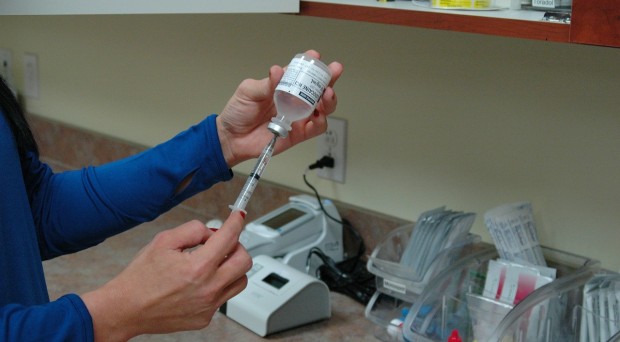
As our economies become increasingly globalized, and global travel becomes affordable to a larger number of people, our populations are becoming more and more mobile. These changes have brought about a growing demand for research into the healthcare of travelers, which in turn, was the inspiration behind Tropical Diseases, Travel Medicine and Vaccines.
A new journal is always a new opportunity for us to work with inspirational researchers in different specialist fields and this one is no exception. One of our new Editorial Board members is Dr. Stephen Hoffman, who is Chief Executive and Scientific Officer of Sanaria Inc. In 2014, they won a Vaccine Industry Excellence Award for their development of a whole sporozoite malaria vaccine.
Among his past positions, Dr. Hoffman served as Director of the Malaria Program at the Naval Medical Research Center, where he led a subunit on malaria vaccine development and sequencing of the Plasmodium falciparum genome. He also conducted the first studies in the world that showed that DNA vaccines elicited killer T cells in humans.
World Malaria Day on April 25, seemed a perfect opportunity to speak to Dr. Hoffman about his career and how the field of malaria research is developing.
When and how did you first become involved in malaria research?
It was 1980 at NAMRU-2, Jakarta. I was a tropical medicine specialist and was initially working on typhoid fever in Jakarta. I came to the conclusion that since malaria was the most important tropical infectious disease in terms of morbidity and mortality, I should work on it.
How has the field changed since then?
The field has changed dramatically. There is now much more investment and interest in the scientific and lay communities. The scientific technologies that can be focused on understanding malaria and creating tools to control and eliminate malaria have dramatically increased.
What do you think are the major advancements in malaria research and treatment since World Malaria Day was instituted by the World Health Organization in 2007?
The three main approaches to malaria control are early diagnosis and treatment, residual insecticide application, and distribution and use of insecticide impregnated bed nets. All of these were developed before 2007.
There are enormous efforts underway to develop better interventions than these, but much more work needs to be done.
What are the biggest challenges facing malaria researchers?
Malaria researchers work on so many different aspects of malaria, which can range from the most basic molecular biology of the parasite to the macroeconomics of application of existing tools like insecticide impregnated bed nets. Given the enormous scope of that range of research, I would say it is impossible to identify the biggest challenges.
From a research perspective, what investments can make the biggest difference in eradicating malaria?
Vaccines are the most cost effective method for controlling and eliminating any infectious disease. Investing in creating a highly effective malaria vaccine will have the greatest impact.
Tropical Diseases, Travel Medicine and Vaccines is now accepting submissions.
2 Comments